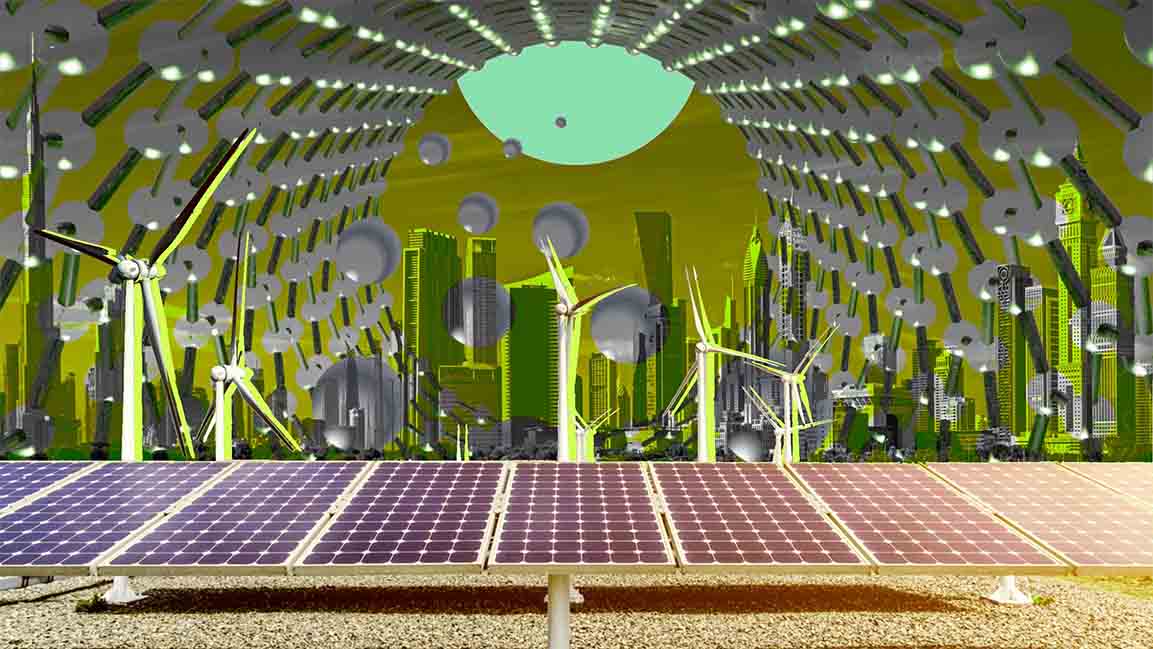- | 11:00 am
14% of Dubai’s total capacity for power production comprises of clean energy
With the use of concentrated solar power (CSP) and photovoltaic solar power (PV), the emirate currently has a clean energy capacity of 2,027MW

Dubai’s “clean energy” production capacity has reached 14% of the Emirate’s total installed power capacity. This news comes in as Mohammed bin Rashid Al Maktoum Solar Park, which DEWA implements across several phases, achieves new milestones.
This Independent Power Producer (IPP) model solar park is the biggest single-site solar park in the entire globe. About 92% of the solar park’s fourth phase has been finished. With the use of concentrated solar power (CSP) and photovoltaic solar power (PV), the Emirate currently has a clean energy capacity of 2,027MW. The entire electricity generation capacity of Dubai is 14,517MW.
“We achieve this by diversifying energy sources and increasing the share of renewable and clean energy in Dubai’s energy mix,” said Saeed Mohammed Al Tayer, managing director and CEO of DEWA.
“This achieves the Dubai Clean Energy Strategy 2050 and Dubai Net Zero Carbon Emissions Strategy 2050 to provide 100% of Dubai’s total power production capacity from clean energy sources by 2050,” Al Tayer added. By 2030, the Mohammed bin Rashid Al Maktoum Solar Park will be capable of producing 5,000 MW. 417MW are connected to the DEWA grid during the park’s fourth phase. DEWA has 51% of the company’s shares, followed by ACWA Power with 25% and the Silk Road Fund with 24%.
“Since its launch, the Mohammed bin Rashid Al Maktoum Solar Park has received considerable interest from global developers, which reflects the confidence of investors from around the world in DEWA’s major projects in collaboration with the private sector using the Independent Power Producer (IPP) model. Through this model, DEWA has attracted around AED 40 billion in investments and received the lowest global solar energy prices five consecutive times,” said Al Tayer.
































